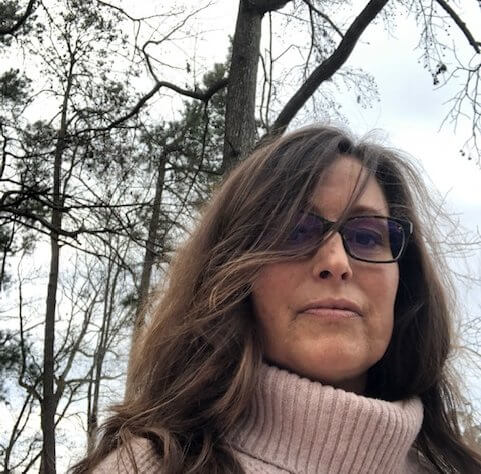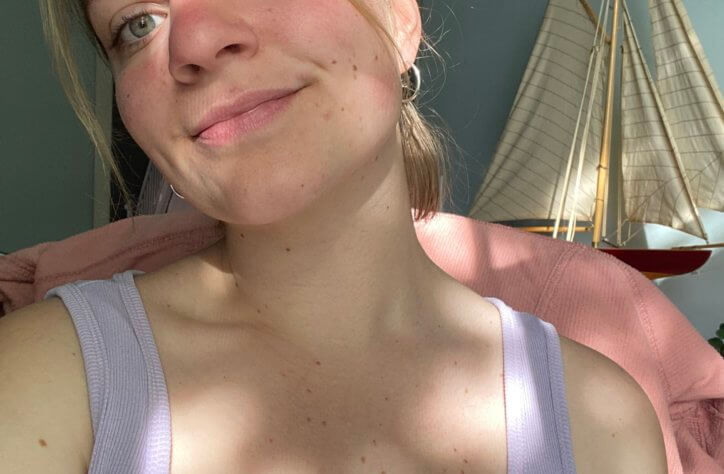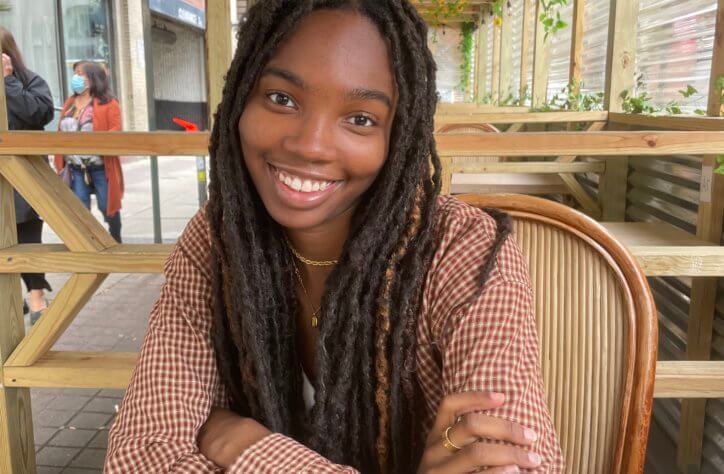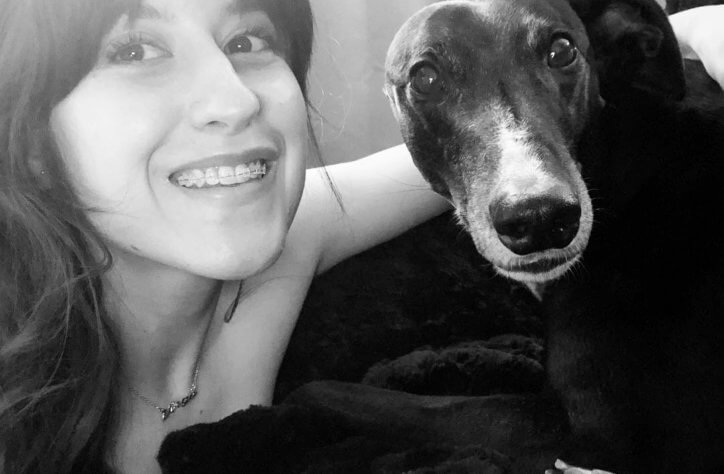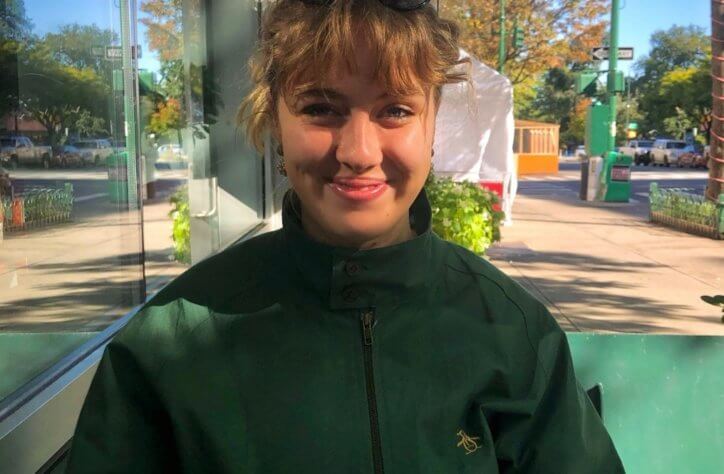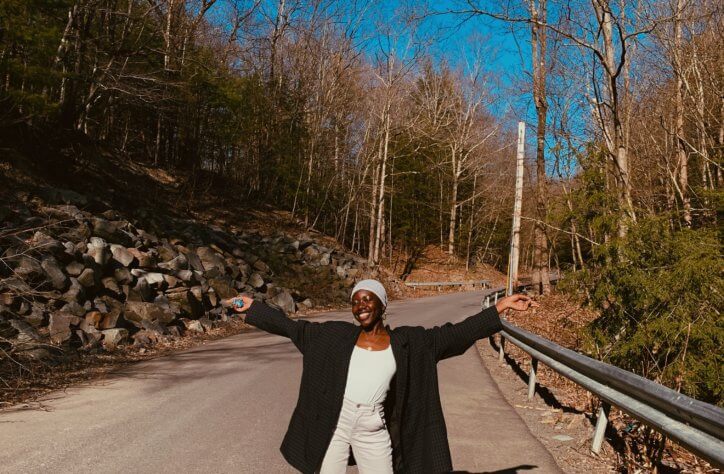Resiliency is a celebrated skill in both athletics and womanhood. There’s a common saying, “When you fall, get back up.” So, that’s what I did and what I’ve always done. But, over time, the falls add up. Your body is worn down, and the standing up part grows harder. I know that I will always stand tall in the end; but it took a long time to allow myself to acknowledge the pain involved in that motion. I suppressed my emotions because I didn’t want to burden the people around me with negative feelings or come off as ungrateful. I felt like I was just supposed to deal with it, take it in stride, and that admitting difficulty equated to weakness. But life can be painful, that’s just a fact. Ignoring pain, however, may stunt individual growth. The difficulty lies in sitting with the honesty of our feelings and learning from them, growing evermore into yourself.
Being an athlete has been the most beautiful and painful experience of my life. I’ve known this for a long time, but the admittance took years. I started playing soccer when I was 8 years old. I tore my ACL for the first time when I was 15; I, then, re-tore that same ligament before the end of high school. I went on to play Division III college soccer and tore my other knee’s ACL at the end of my sophomore season. I’ve also had two meniscectomies, having torn most of my lateral meniscus in my left knee. I got to have an athletic career and I am so grateful for that. Reflection has been a valuable tool in athletic retirement. I recently wrote, “I am terrified of my own body and how it’s capable of destroying itself, even though it has the ability to recover.” I have also written down that “I am my own worst enemy.” Sports have been a lifelong escape, my happy place, my therapy; like they are for many athletes. Soccer taught me to strive for passion and be proud of my strength. So, how do you grapple with the thing that you love most being what’s harmful to your health? Like a toxic lover who does more good than bad, but you know that in the end walking away is the best long term decision for yourself.
Soccer’s been there for me through everything and played a primary role in my development into womanhood. I learned confidence, gritty and humbling lessons by growing up on a field. I wouldn’t give that up for the world; but injury is common in the realm of athletics. You learn, at a very young age, how vulnerable a body really is within a mind and body that’s often felt invincible. This experience forces athletes to adapt, meeting the ever-evolving needs of their physical self. Sports is often an environment structured around pushing your body’s limits. This, however, can develop some unhealthy mentalities. For instance, I was taught to push through physical pain. At the age of 15, I was being asked whether the pain was “bad pain” or “manageable pain.” As a physically capable young woman, I was not ready to divorce myself from the endorphins. So, I learned how to manage my pain, swelling, and my health in general. Manage it, so that I could show up on a field every afternoon and compete with the healthy bodies around me. As a retired athlete, dealing with the effects of permanent physical limitation, I realize that I haven’t been kind to my body for a long time.
I have, as many athletes do, a complex around quitting. In addition, society perpetuates the stigma that weakness and womanhood go hand in hand. In reflection, the young feminist in me used my physicality as a way to reject this cultural stereotype. I’m just as tough, or tougher than the boys. I was dedicated and stubborn towards succeeding in my craft. But in doing so, I harmed myself. Not only my knees, but my mentality around self-care.
Sometimes when I go on a run, I just start crying. There’s no pre-cry belly churning, or dry throat, tears just start falling down my cheeks out of nowhere. I wipe them away in the 7am fog and realize how scared I really am. I imagine myself tripping on the run and ending up in a surgery room for the 6th time. I contemplate not even being able to go for a bicycle ride if I keep forcing my knees to endure the impact of exercise. And, I cry over the disappointment I’ve felt towards my athletic career. Even surrounded by all this fear I keep going, faster and faster. I never stop running. I run towards adaptation and acceptance. I am dedicated towards preventing further injury, because I will never stop doing what makes me happy. It’s not easy. But I am not any less resilient by accepting that I feel pain, or that I struggle along this journey. Acknowledging the fear that I hold towards my body has been a major, positive step. Simultaneously, this has been the most challenging hurdle in my pursuit of long-term health. But I will get there as I listen and learn from my mind and body.
